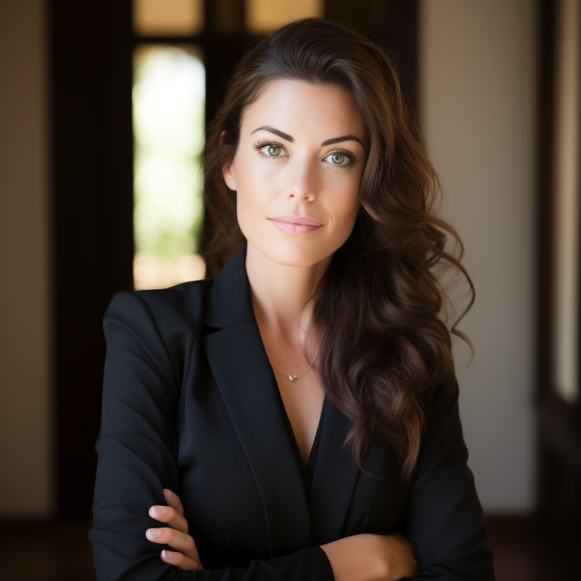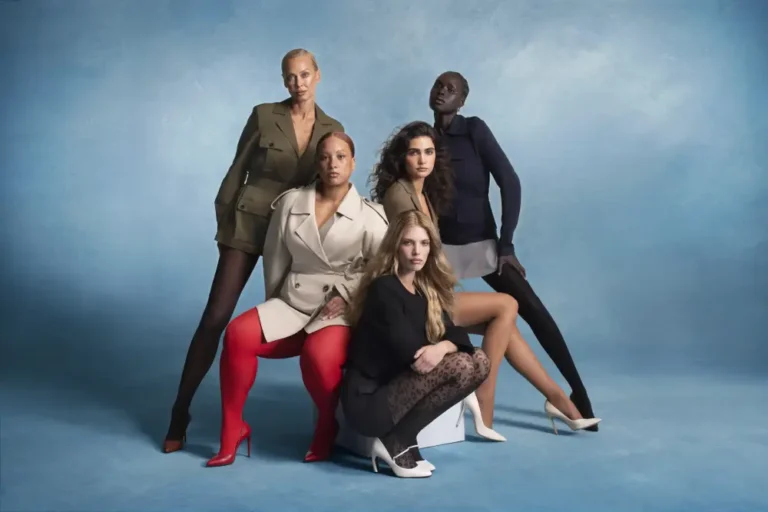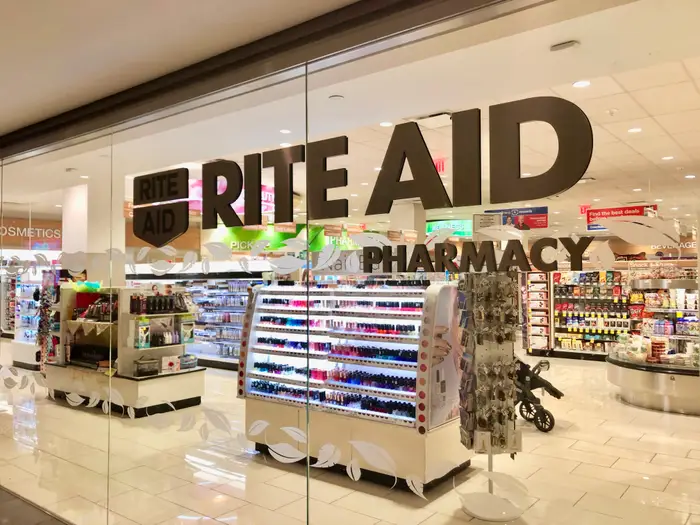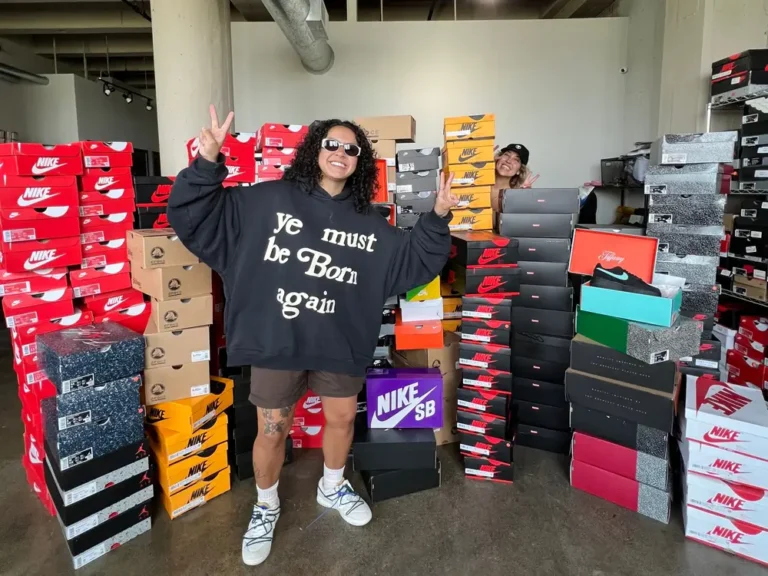After funding her 401(k) for 25 years, one woman realized it wouldn’t be enough to retire. Here’s how she used real-estate investing to build wealth and help thousands through her women-only investment network.

- Tresa Todd spent 25 years working in the medical industry and contributing to her 401(k).
- When she realized she wouldn’t have enough money to retire, she turned to real-estate investing.
- She eventually founded a network to help other women achieve financial freedom via real estate investing.
Tresa Todd worked as an ophthalmologist’s assistant for over 25 years.
She contributed a portion of her pay to her employer-sponsored retirement plan for many of those years.
“I was putting as much money into my 401(k) as I could,” she told Insider. “I made do with what I had. I didn’t have a lot of debt, so I just assumed I’d be fine.”
She didn’t realize she wasn’t as prepared for retirement as she thought until one of her sons asked to look over her finances.
“He told me, ‘Mom, do you know that if you work until you’re 65, you could live a decent life for about seven years and then you’d run out of money?'” Todd, who was living in Tyler, Texas at the time, recalled. “When he broke it down for me and showed me that I wasn’t going to be okay, it was super scary and a real eye opener.”
Moving to Dallas to invest in real estate alongside her sons
Todd quit her job and relocated to Dallas after being encouraged by her three sons, who had been investing in Dallas real estate since 2016 and offered to mentor her.
“I had no experience as a real estate investor,” she admitted. “My sons had been very successful in Dallas investing, and they kept saying to me, ‘Mom, you have to come do this with us.'” I eventually agreed. I quit my 25-year job, sold my house, and began investing in real estate — and it changed my life.”
Todd’s sons suggested she start with real estate wholesaling because she didn’t have a lot of savings at the time.
The wholesaler (in this case, Todd) enters into a contract on a home or piece of land, finds a buyer — typically a real-estate investor — willing to purchase it at a higher price, and then pockets the difference in price once the transaction closes.
“The end buyer brings all the money to the table, so you don’t have to bring any money; just get it under contract and sell the contract,” Todd explained. Because it does not require any upfront capital, it is an excellent strategy for beginning real estate investors. She did, however, mention that it takes time and effort: “I knocked on 57 doors before I got my very first deal.”
Todd estimated that it generated a $20,000 profit, which was roughly one-third of her annual salary.
She kept knocking on doors and focusing on wholesale deals — and she kept making money.
“I made more money in the first four months of real-estate investing than I had in my 401(k) after 25 years,” Todd, who eventually began flipping homes and buying rental properties, said. “I never imagined that someone with no experience — and I didn’t have a big stash of money somewhere to get started — could do that, and that was really what sparked my interest in teaching.”
Hosting her first real-estate meetup from her office in Dallas
Todd began to feel that something was missing in the industry after a little more than a year of experimenting with wholesaling, flipping properties, and buying rentals.
“I kept complaining to my sons: ‘Where are all the women?'” she explained. Not only did her region appear to be lacking in female investors: According to data from the online recruitment company Zippia, only 32% of real-estate investors in the United States are women.
“They told me, ‘Well, mom, start something.'” I had only 14 months of experience and thought to myself, ‘I can’t. ‘Someday, I will.’ And they told me, ‘Just do it now.'”
That was around March of this year. She agreed to host a meetup, but only for the next six months.
“I put a date on the calendar for August, which seemed far away at the time,” she explained. “And then, all of a sudden, it was here.”
Todd did some marketing for the meetup: “I would just go to networking meetings and tell people, ‘Hey, I am the founder of the Women’s Real Estate Investors Network, and we’re having a meeting in August in my office.'”
“I had no idea if women wanted to learn about real estate or if anyone would walk through the door,” she said when August rolled around. “I was blown away” when 40 women showed up. And all I did was teach what I knew.”
She continued to hold in-person meetings every two weeks, and her office quickly outgrew its space.
“It started to grow and grow,” Todd said, adding that he began offering live, three-day teaching events as well as developing a master class and a mentorship program. “When we got to 150 people, I started going to Fort Worth and all over the metroplex, and then to Houston.”
When the pandemic struck in March 2020, she was forced to cancel the live meetings and switch to online instruction. The Women’s Real Estate Investors Network (WREIN) really took off at that point.
“It went insane. Todd, who offers a $17, seven-day virtual training program and has hired 65 employees to keep up with demand, said, “We had 599 ladies sign up for the first online program.” “Today, we have an average of 8,000 to 12,000 women taking the online master class.”
After completing the master class, women can choose to join the mentorship program, which requires a larger investment and provides access to six coaches, multiple coaching calls per week, and a growing network of investors. The program will have over 4,100 women enrolled by August 2023.
“We have women who have money but don’t have the time to go through deals, and we have women who don’t have much money but have the time, so they can partner up,” Todd explained. “Or, someone who is good at finding deals but not so good at negotiating.” The beauty is that they can find a partner. You don’t have to know everything or be good at everything.”
Teaching women specific strategies and success formulas
Todd has discovered firsthand that building wealth through real estate investing is easier than you might think.
“Anybody can do it,” she said. “It makes no difference where you are economically, how old you are, or what level of education you have.” You simply must be coachable and willing to learn specific strategies. I went in thinking, ‘Oh my gosh, this is rocket science and going to be so difficult,’ but it’s actually not that difficult if you know the formulas.”
She described how to use “other people’s money” to fund deals as a key component of the program: “That is something that I don’t think the average person knows how to do — I certainly didn’t, and it was a game changer.”
She added that one way to do so is through wholesaling, which is how she got started.
Wholesaling, for example, is a beginner-friendly way “to start putting money in your pocket,” she says. She also teaches long-term wealth-creation strategies. That, in her opinion, entails owning short-, medium-, or long-term rentals.
“You get monthly cash flow,” she says of rental properties. “That’s money you can use to pay bills, go on vacation, or save.”
“These properties can appreciate,” she said, in addition to generating cash flow. “As you pay down that monthly mortgage, these are properties you can sell when you’re ready to retire or pass down to your children and your children’s children — and that’s building generational wealth.”






